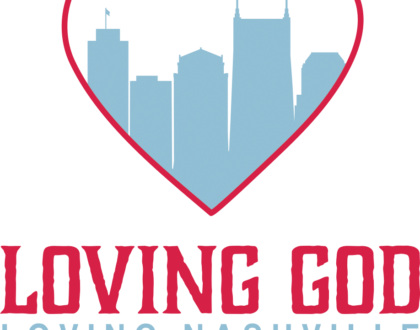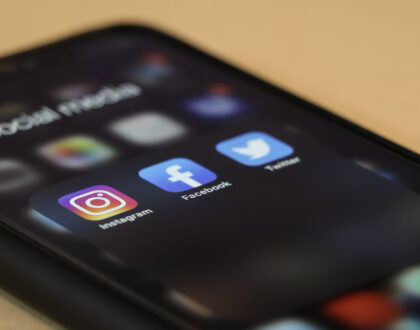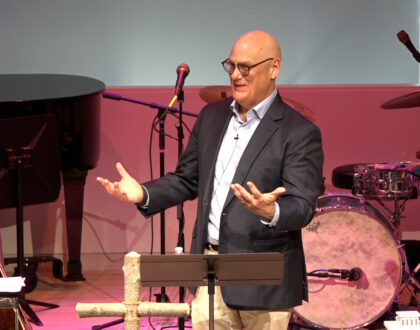7 Life Lessons from the Pandemic

We have entered the eighth month of what feels like a pandemic that will not end. Many of us are tired of it and long for life to be “normal” again, whatever normal is. It has disrupted every aspect of our lives including family, work, education, social gatherings, church, community, politics, government, voting, health care and friendship. Silver linings exist but it’s now hard to see them through the high levels of stress and emotional exhaustion. We should heed the advice of Victor Frankl who famously said, “Everything can be taken away from you except one thing – your ability to decide how to respond to any given circumstance or situation.” What life lessons can we learn from this ongoing pandemic?
First, life is fragile and unpredictable. As much as we plan and try to control every aspect of our lives, life remains unpredictable and uncertain. We simply don’t know what tomorrow has in store. Therefore, we must do our very best to live in the present, taking one day at a time.
Second, the breakdown of the family has made this time much more difficult for many. In his new book titled “Morality,” Rabbi Jonathan Sacks says, “It is hard to avoid the conclusion that family breakdown must be part of the explanation for the sharp increase among young people of eating disorders, drug and alcohol abuse, stress related syndromes, depression, and actual and attempted suicides.” Times like this take marital stress and family dysfunction to new levels. We should have a renewed sense of appreciation for the basic family unit, the support and stability it provides.
Third, steady leadership matters during times of crisis. Whether it’s on the national, state, or local level, leadership is important. Leaders are both formed and broken during times like this. Leaders who can remain calm and collected during a crisis will earn the respect of those who follow them. Leaders who bring about more fear, chaos, and uncertainty only make matters worse. Leaders must be a non-anxious presence.
Fourth, political polarization remains a massive problem in American culture. As if the pandemic is not enough, we have a presidential election in just over a week. Don’t be naïve, politicians cannot solve many of the problems we face because many of the challenges are spiritual in nature. The way that we exchange ideas and dialogue with each other must change. Contempt, anger, and the dehumanization of opponents is a problem regardless of your political leaning.
Fifth, technology is here to stay but must have limits. Thanks to technology, work has rolled on for many. Others have not had the option to simply work remotely from home. Like it or not, we have now built a society and an economy that is completely dependent on evolving technology. Yet, without limits and boundaries, it becomes addictive and rules our lives.
Sixth, loneliness remains very real for many. According to Sacks, “The human condition is overwhelmingly about relationships – about faithfulness; staying true, loyal, and committed to one another despite all the tensions, setbacks, misunderstandings, backslidings, and all the multiple ways in which we fall short. It is about consecrating the bonds between us. It is about transcending our solitude.” The pandemic has reminded us of how important relationships are. We are not designed to live alone. We need interaction with each other. Meaning comes from relationships.
Seventh, ongoing self-care is essential. Alcohol consumption and drug addiction have skyrocketed. Liquor stores are doing great. Unemployment can lead to hopelessness and a lack of meaning. We all have physical, mental, emotional, and spiritual needs that must be attended to on a regular basis. When we fail to do self-care regularly, life spins out of control and the stress only gets worse.
Much has changed, but we all get to decide if we will be resilient and grow during this time.
Recommended Posts

Loving God, Loving Nashville
April 24, 2024

Authenticity in a Social Media World
April 16, 2024

“Leveraging Our Love” – Jay Hutchens – April 14, 2024
April 14, 2024

